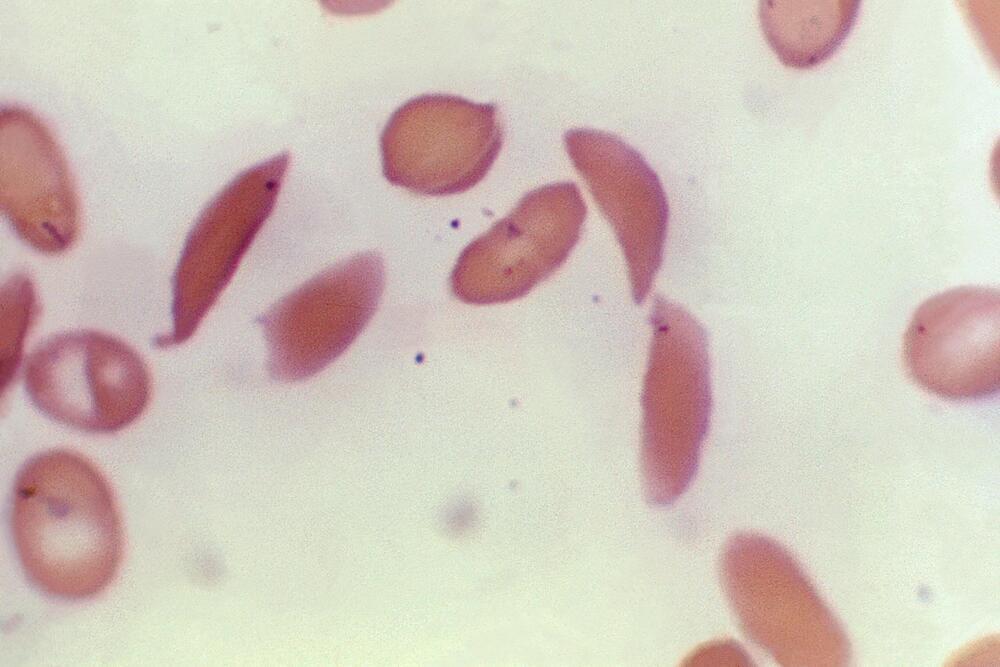
When large stars or celestial bodies explode near Earth, their debris can reach our solar system. Evidence of these cosmic events is found on Earth and the Moon, detectable through accelerator mass spectrometry (AMS). An overview of this exciting research was recently published in the scientific journal Annual Review of Nuclear and Particle Science by Prof. Anton Wallner of the Helmholtz-Zentrum Dresden-Rossendorf (HZDR), who soon plans to decisively advance this promising branch of research with the new, ultrasensitive AMS facility “HAMSTER.”
In their paper, HZDR physicist Anton Wallner and colleague Prof. Brian D. Fields from the University of Illinois in Urbana, USA, provide an overview of near-Earth cosmic explosions with a particular focus on events that occurred three and, respectively, seven million years ago.
“Fortunately, these events were still far enough away, so they probably did not significantly impact the Earth’s climate or have major effects on the biosphere. However, things get really uncomfortable when cosmic explosions occur at a distance of 30 light-years or less,” Wallner explains. Converted into the astrophysical unit parsec, this corresponds to less than eight to ten parsecs.









